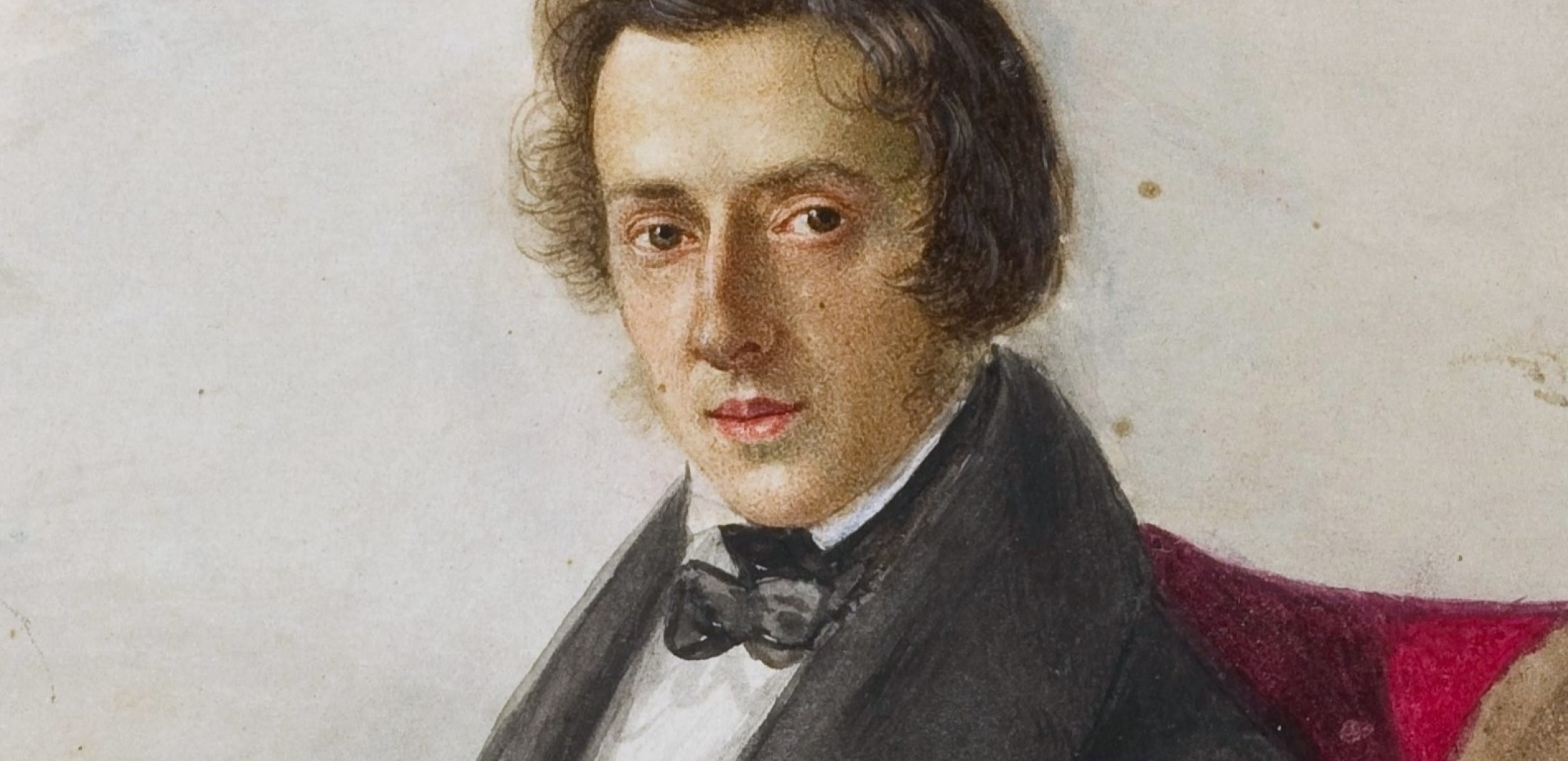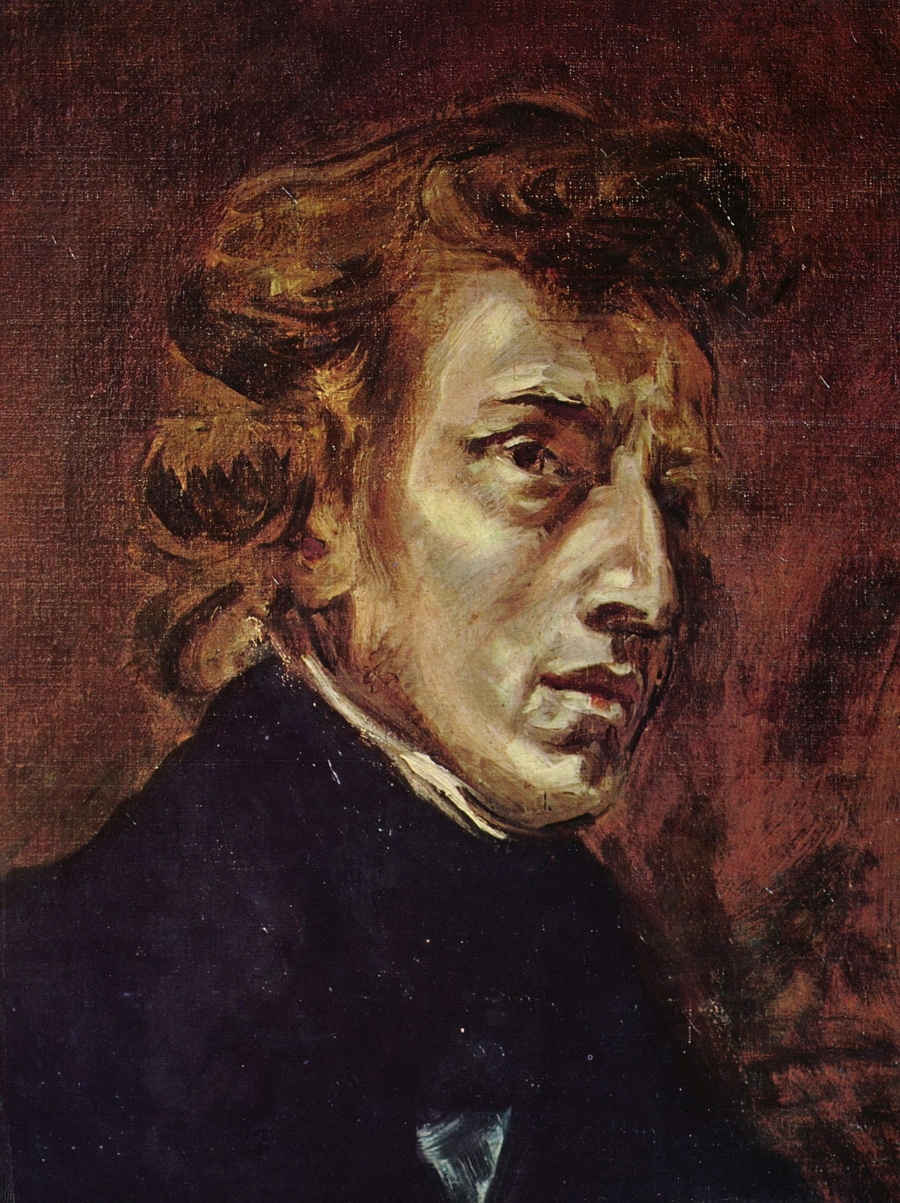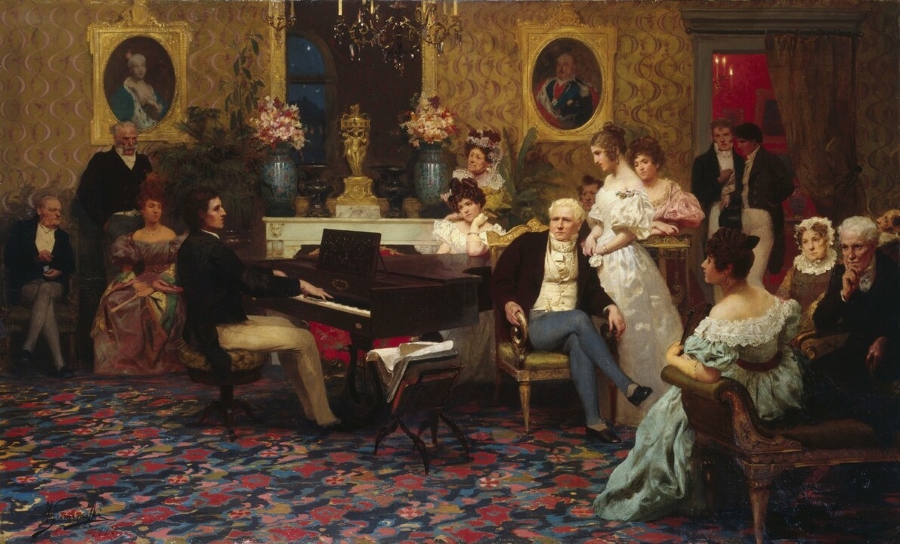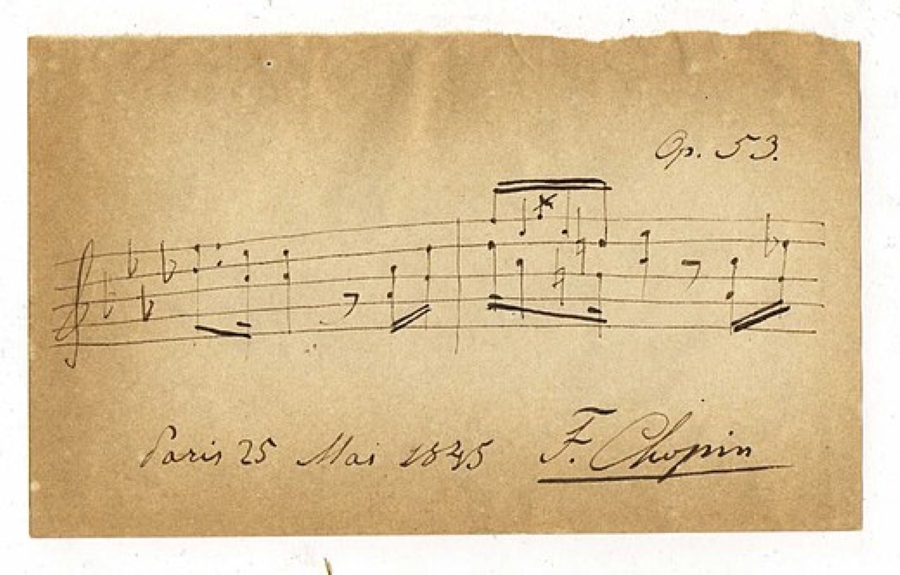
The Romantic World: The Music and Life of Frédéric Chopin
Despite thirty performances throughout his entire career, Chopin left a major impact on the romantic world. The era of romantic music is one pivotal change in Europe rejecting classicism and its ideal of rationality, calm and harmony in favour of spontaneity and individualism. This idea was encapsulated perfectly by the change of the delicate fortepiano for the powerful and wider-ranged piano seen today. No one person embraced nor dedicated themselves to the change in style in the same manner as Frederic Chopin.
Early Life
The child of a French immigrant in Poland, Chopin had an ear for the Piano from an early age listening to his mother and older sister play the instrument. Quickly excelling in the arts, he wrote poetry from the age of six and played concerts at aged eight with his teachers Wojciech Zywny and Jozef Elsner. The ability to outperform and surpass his elders would attract attention to the young boy who now found himself playing for Tsar Alexander I. His status would become further elevated to that of a prodigy as he wrote “Polonaise in G Minor” at the shocking age of seven.
At the age of 16, he enrolled in Warsaw’s Conservatory of Music run by Jozef Elsner. The time spent at the school allowed Eslner, a romantic composer, to teach Frederic in traditional training while also encouraging his imagination to never be limited by academic ideals. His time there developed his technique on the piano unhindered by musical rules. In two short years, Chopin had seen everything he could, electing to go to Vienna for his performance debut. A second performance encouraged him to higher aspirations, officially leaving Warsaw in 1830.
 Frederic Chopin by Delacroix
Frederic Chopin by Delacroix Romantic Music
Chopin is one of the defining artists of the era along with Beethoven and Tchaikovsky. The era was one of profound change as free-forming works became a norm the purpose of music became producing emotion and passion. The rejection of classical styles of elegance and order occurred to embrace the complicated ideas of the spiritual and human condition. The subject matter of nature growing in popularity represents the ideal while orchestras grew with instruments becoming more widely available.
The end of the era leaned into musical nationalism, a style where composers were more focused on the traditional music of their homelands. Chopin entrenched himself in these characteristics. His unique piano playing and interest in Polish folk music presented a deeply individual body of work. The work resulted in creating compositions that both had variety and interests for the audience.
 Chopin plays for the Radziwills by Henryk Siemiradzki, 1887
Chopin plays for the Radziwills by Henryk Siemiradzki, 1887Chopin’s Influence
Frederic’s style truly began after arriving in Paris, the centre of European culture and romanticism. Here he gained popularity and wrote many of his works including ‘Nocturnes of Opp. 9 and 15’ and ‘the 12 Etudes, Op. 25’ without much worry. He found himself in a comfortable position electing to be around aristocracy while teaching and composing. The company would allow a high-income.
On the opposite spectrum, his compositions held a very personal and emotive presence that still had mass appeal. The story of his home, Poland, is a recurring element throughout his works. The glory and pain of the country would be exemplified as he took the sounds and rhythms of his childhood and converted them into long-lasting works.
However, he was not just remembered for these works but rather for his ability to understand and master the piano in ways no one before had. Chopin wrote pieces for the instrument that cannot be interpreted or imagined without. Simultaneously he was innovating fingering techniques and using pedals to set a standard considered unsurpassable.
 Autographed musical quotation from the Polonaise Op. 53, signed by Chopin on 25 May 1845
Autographed musical quotation from the Polonaise Op. 53, signed by Chopin on 25 May 1845Works
A nine-year relationship with French novelist Aurore Dudevant would inspire his writing, reaching new heights for the Polish composer. Mazurkas and Nocturnes make up a vast amount of the work accomplished. The emotional connection he endured in this era resulted in some of his largest accomplishments including ‘Mazurkas of Opp. 50, 56 and 63’ and ‘Nocturnes of Opp. 48.’
The Mazurka is a traditional dance of Poland which he would add his interpretation. He added the influence of classical music, the counterpoint and fugue, making them more interesting than the originals. The style was intimate and poetic allowing for strong nationalist feelings to get across. It was Chopin’s way of representing his nation after being banished due to the Polish Uprising.
When it came to Nocturnes, he popularised and expanded the genre from its Irish roots. He took inspiration from classical music, the counterpoint and free-flowing rhythm, a tool used to create drama. Italians would teach him the art of singing on the piano, adding sonatas to the structure. Despite being short in length the style is held in high regard.
The impact remained mainly on the piano however, it can not be understated how vital it was. Playing only 30 shows throughout his entire career he would. Critics will say he wasted much of his era in Paris by lacking the large-scale success of similar contemporaries. Supporters would label him an immortal in the music world. The reality lies towards the latter, being essential to the piano's development creating new sounds that have yet to be surpassed.
Want to read more from us? Check out our Q&A with Andrea Tarsia on the Royal Academy’s major Marina Abramovic’s Show.
Photo Credits: © Wikipedia
Credits for the Main photo: Chopin by Maria Wodzinska © Wikipedia
